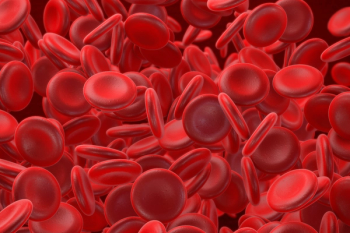
Men were more likely than women to be prescribed dual blood-thinning therapy following a minor stroke or transient ischemic attack.

Men were more likely than women to be prescribed dual blood-thinning therapy following a minor stroke or transient ischemic attack.
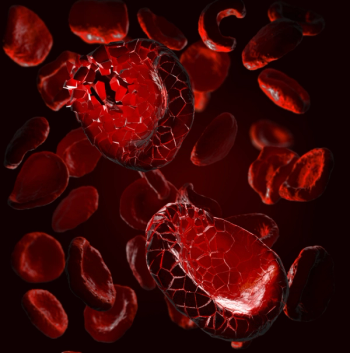
Bone marrow transplant could effectively change the brain’s blood vessels from abnormally narrowing.

Worse cases of periodontitis demonstrate association with progression of the scarring of the heart’s left atrium, data indicate.

Data show pharmacist-led clinical consultations can improve patient adherence to medication plans.

Peripheral artery disease is more common in Black patients than any other racial or ethnic group, but its potential association with negative social determinants of health is not known.

Researchers found a 27% heightened risk of cardiovascular disease for individuals with celiac disease compared with those who didn’t have the condition.

There's no better time to remind pharmacists that they are vital in the fight against CVD.

Economic food insecurity, associated with cardiovascular mortality, disproportionately impacts Black communities.

Mortality was highest among Asian, Black, and Hispanic populations, American Heart Association’s 2023 Statistical Update shows.

Individuals with the virus had an 81 times higher risk of dying in the first 3 weeks of infection, and that remained 5 times higher for up to 18 months, analysis shows.
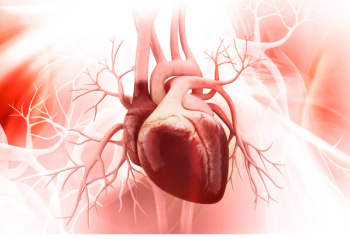
Surgical embolectomy and venoarterial extracorporeal membrane oxygenation demonstrate favorable safety and efficacy profiles.

In a phase 3 trial, empagliflozin significantly reduced the risk of kidney disease progression or cardiovascular death in adults with chronic kidney disease by 28% compared with placebo.

Community pharmacies are an untapped resource in rural areas but need to market their services to effect changes in public health.

Luke Gormley, PharmD, BCPS, discusses how pharmacists are involved in the management of inclisiran.
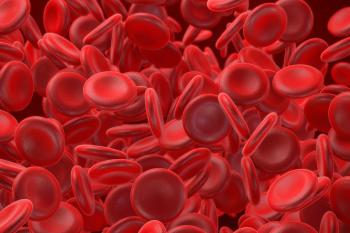
American Heart Association scientific statement recommends rapid evaluation for transient ischemic attacks.

A recent study shows that heart patients who learn to cope with stress in group therapy are nearly 2 times less anxious and depressed.

Analysis includes 11 individuals who sat in ergonomic chairs for 8 hours and only got up at the recommended times.
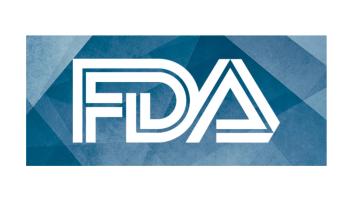
The device features advancements to improve patient care, eliminating or reducing the risk of blood leakage around valve implants.

Many patients have baseline risk factors present at diagnosis because of older age and disease-related elements.
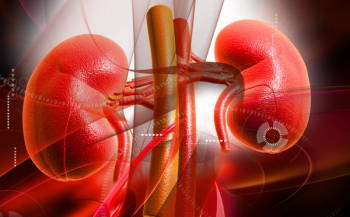
Data from a randomized clinical trial supports previous clinical findings on SGLT2 inhibitors and their ability to slow the progression of chronic kidney disease.

Clonidine works on adrenergic receptors in the brain, which are known for their role in fight-or-flight responses and are believed to be activated in post-traumatic stress disorder.

As few as one-third of individuals who are living with peripheral artery disease are receiving medical therapies to address their risk factors.

Although cardiac amyloidosis was previously believed to be rare, more recent diagnostic advances and awareness have led to an increasing number of cases.

Patients with depression were significantly less likely to have adequate 12-month adherence to antiplatelets, β-blockers, and statins than those without depression.

Black patients aged 18 to 49 years showed a greater association with uncontrolled blood pressure while on an antihypertensive medication.